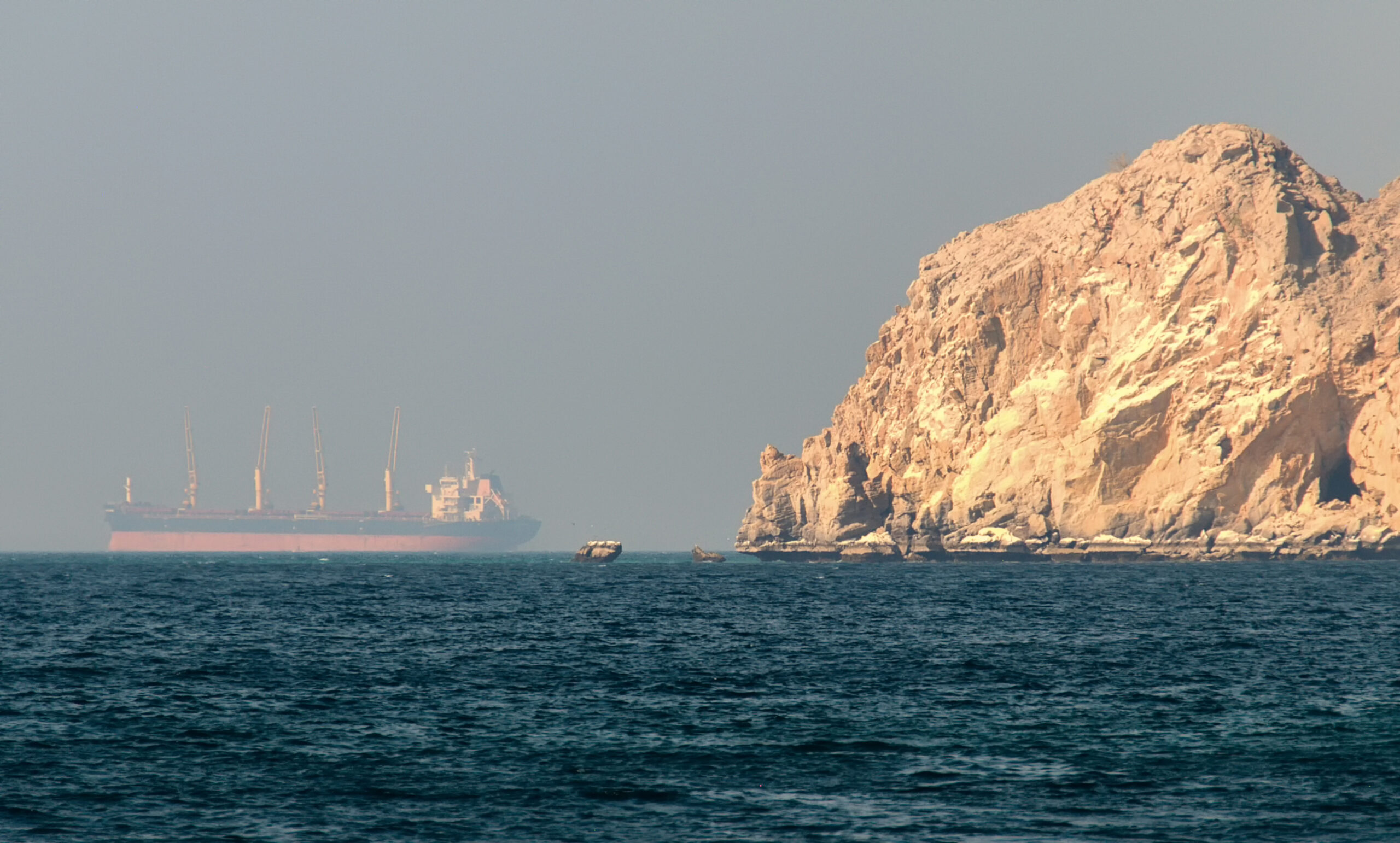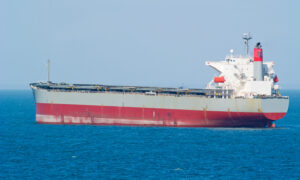The escalating tensions between Iran and Israel have raised concerns over LNG trade through the Strait of Hormuz, a key and only feasible passage for Qatar and the UAE to export LNG, according to maritime research consultancy Drewry.
Any further escalation, leading to the closure of the Strait of Hormuz could impact LNG shipping as 21% of the global LNG supply could be affected.
The Strait of Hormuz is a vital strategic passage for the Middle East, supporting its international trade and regional integration. The artery is significant for the LNG sector as two key LNG exporters Qatar and UAE, export their LNG shipments via the Strait of Hormuz with no other possible alternative available.
“Any action by Iran, leading to the closure will have significant implications for the LNG market. However, the extent of the impact will differ and depend on the duration of the closure,” says the maritime research consultancy in its market analysis.
According to Drewry, in 2023 Qatar exported about 81 million tonnes of LNG and the UAE exported 4 million tonnes, contributing 21% to the global supply. Any supply blockage will not only hurt exporters of these two countries but will also compel key importers to scout for new sources. Between Asia and Europe, the former will have a much greater impact as 70% of Qatar’s volumes are exported to Asia while 20% to Europe.
India and China, which source about 45% and 25% of their total LNG imports from Qatar every year, would face high risks.
European importers including, the UK, Italy and Belgium, will also need to source LNG from other countries, if supply from Qatar becomes impassable.
Drewry believes that a complete closure of the Strait of Hormuz is highly unlikely as Iran exports all of its oil and LPG cargoes through it and other Middle Eastern countries traversing via Strait of Hormuz will have severe repercussions if it is blocked. Meanwhile, the global economy will be hit by a massive supply deficit of natural resources as 30% of oil, 20% of LNG and 40% of LPG will be affected by the potential closure. However, this will have short-term repercussions on LNG.
Iran-Israel Conflict Impact on LNG Market
The Iran-Israel conflict had already an impact on LNG market and shipping. According to Drewry, on April 20 Asian Spot and TTF were up 14% and 15% week-on-week, respectively.
The extent of supply shortage will depend on the duration of Strait of Hormuz closure. According to Drewry, if Iran blocks the Strait of Hormuz for a few days or weeks, there will be no major impact on the LNG market and shipping given the current stable demand in Europe and Asia.
As Drewry reveals in its report, the situation could deteriorate if the closure extends to several weeks or months, stalling about 5-6 million tonnes of supply per month from Qatar and the UAE. In terms of LNGC loadings, about 16-17 LNGCs will be idled if supply is halted for a week, while 60-70 LNGC loadings will be affected in a month.
Drewry believes the partial closure of the Strait of Hormuz could support LNG shipping amid vessels diverting away from the Middle East in search of new employment as importers will seek substituted cargoes from other destinations, leading to some shifts in current trade patterns. Although the shift in trade will be sustainable for a short period (assuming up to five months), Drewry expects an increased US-Asia trade, providing impetus to LNG shipping rates – mainly due to huge vessel absorption as US shipments will continue to take the COGH instead of the Panama and Suez Canals, generating extra tonne-mile demand.
Short-term supply disruption will lead to demand alternation, supporting LNG shipping and aiding LNG prices.
However, Drewry is pessimistic about LNG shipping if the complete closure of the Strait of Hormuz extends for a longer period (assuming one year).
“Any supply shortage for a long duration will harm LNG shipping, further tightening the market. On the other hand, fleet availability will grow with several vessels being idled due to LNG supply shortage while about 60 new LNGCs are expected to join the current fleet this year. Consequently, this will lead to vessel oversupply, which inevitably will dent the LNG shipping rates,” Drewry concludes.



